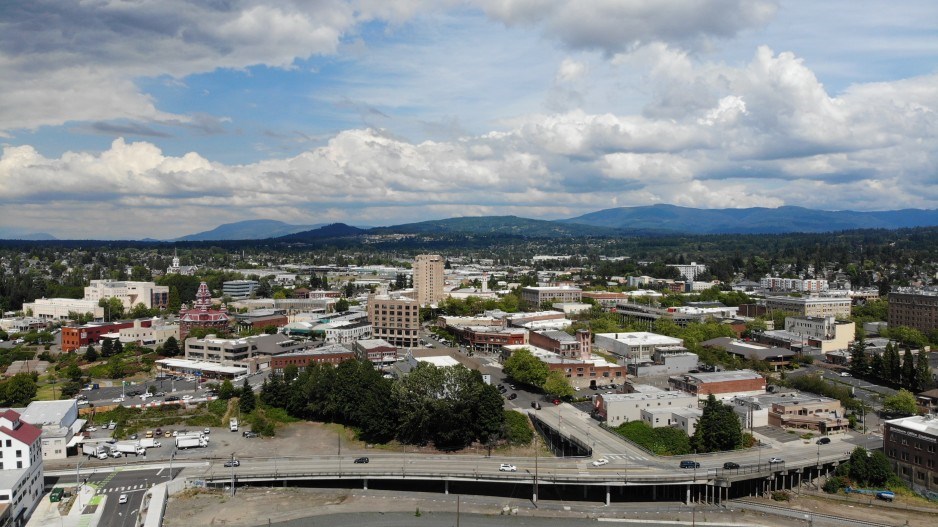From Nicole Newtown’s perch at Semiahmoo Resort in Blaine, Wash., she has no problems catching a sight of White Rock, B.C., just across the border.
More problematic, however, have been sightings of Canadians over the past 16 months.
“For our golf and country club, about 50% of our membership is Canadian, so it's definitely had a huge impact,” said Newtown, the general manager of the resort, spa and golf club.
But the prospect of those Canadians returning to the club appears imminent, with the U.S. widely expected to reciprocate Ottawa’s plans to open the border to fully vaccinated Americans beginning August 9.
Newton said the resort has benefitted from a surge of people moving to Whatcom County, where Blaine is located, amid the rapid adoption of remote working.
But, she said, the Canadians are very much missed.
“As much as we would love to say everything's back to normal, we're still in a pandemic environment as businesses try to rebound,” she said, noting that the resort is navigating everything from labour shortages to supply chain issues.
A fall 2020 report from Western Washington University, located in Bellingham, Wash., determined that Whatcom County lost over 506,000 Canadian tourists compared to a typical year after the borders closed to leisure travel in March 2020.
That’s about 13% of all Canadian passenger travel that might have occurred from late March to September 2020, according to the report.
Meanwhile, researchers estimated at the time that 70% of passengers travelling through Bellingham International Airport were Canadian. As such, the report found that by September 2020, passenger traffic was down 70%.
“The most common pattern of travel through the Cascade Gateway is a short-distance trip across the border for retail purposes, which is most often undertaken by Canadians. The border restrictions have entirely erased this kind of trip and consequently greatly affected Whatcom’s retail economy,” the report authors stated.
Despite the potential for Canadians to make a return in the near future, Sandy Ward, president and CEO of the Bellingham Whatcom County Tourism Bureau, said questions still remain over the logistics of tourists making a return south of the border.
“Is it going to be a vaccine passport, is it just your vaccine card, how are they going to verify that that's not fake?” she said.
“So if the vaccine certificate becomes a problem, are people going to [deal with the] hassle? Are they less inclined to do it?”
But she remains optimistic the logistics work themselves out in the coming months and Bellingham will benefit from the renewed appearance of British Columbians cruising down the I-5 on their way to Seattle.
The Seattle Kraken NHL team made its debut this fall and Ward said the prospect of Canadian travellers stopping in Bellingham on their way to a game would be reinvigorating for the local economy.
Representatives from the Visit Seattle tourism office did not respond to multiple interview requests from BIV.
While Bellingham has missed the regular Canadian tourists, Ward pointed out the city and county has also benefited from the influx of residents from the Seattle metropolitan area who’ve been looking to explore the state amid the pandemic.
“Bellingham International Airport will welcome Southwest Airlines [Co.] in November, which will be of keen interest to our northern neighbours,” Ward said.
“It’s not just about the economic benefits they bring to Bellingham and Whatcom County. We miss the cultural exchange that happens when our Canadian neighbours visit. Many of our small retail and independent businesses throughout Bellingham and Whatcom County tell us that 30-40% of their business comes from Canadians so it’s not just about Costco [Wholesale Corp. (Nasdaq:COST), Trader Joe’s [Co.], and Fred Meyer.”
@reporton



